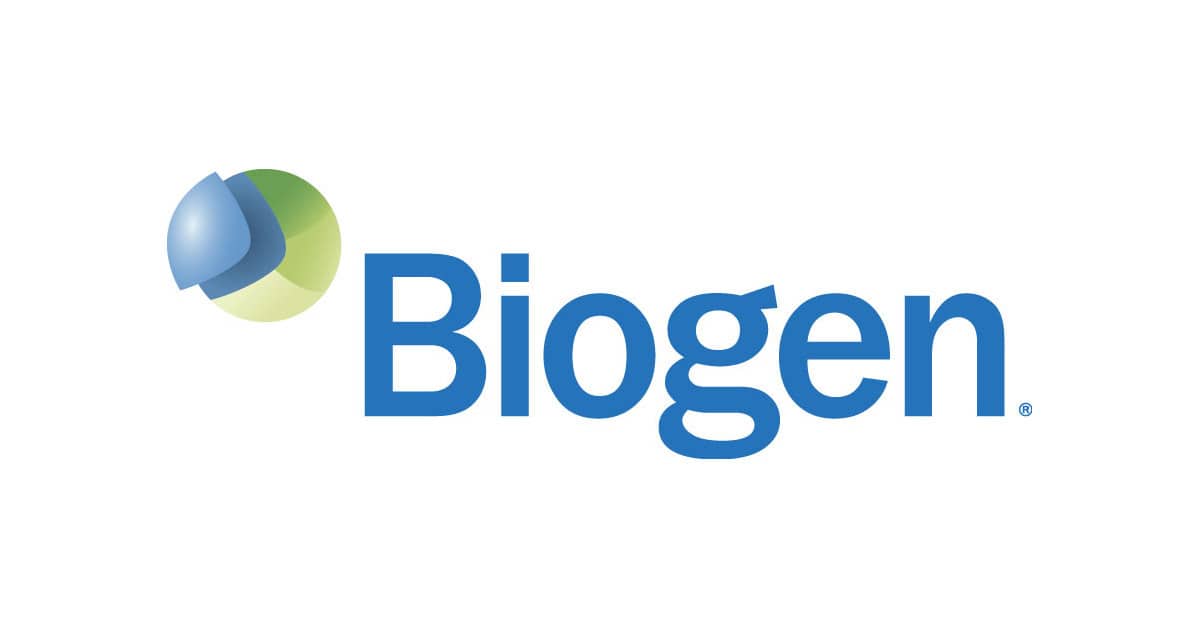
Biogen and Eisai have shared new results on a subcutaneous formulation of lecanemab (BAN2401) and the modelling simulation of the impact of ApoE4 genotype on the incidence of amyloid-related imaging abnormalities – edema/effusion (ARIA-E).
The findings concern those treated with lecanemab, an investigational anti-amyloid beta (Aβ) protofibril antibody used to treat mild cognitive impairment (MCI) caused by Alzheimer’s disease (AD) and mild AD – collectively known as early AD – with an identified presence of amyloid pathology in the brain.
Eisai shared the latest data at the Alzheimer’s Association International Conference (AAIC) in San Diego, California. The presentations included key abstracts such as #69438, which assessed the Absolute Bioavailability of a Single, Fixed Subcutaneous Dose of Lecanemab in Healthy Subjects as part of a phase 1 open-label study.
This study involved 30 subjects who were randomised into a 10mg/kg intravenous (IV) dose group and 29 subjects randomised into a single fixed 700mg SC dose group. The absolute bioavailability of lecanemab following a single SC injection was 49.7%.
A second abstract, #69429, titled Subcutaneous Dose Selection of Lecanemab for Treatment of Subjects with Early Alzheimer’s Disease, analysed the modelling and simulation evaluating the equivalence of a fixed weekly SC dose to a body weight-based 10mg/kg IV bi-weekly dose with regard to lecanemab exposure.
The analysis showed that a fixed lecanemab SC dose of 720mg administered weekly could potentially result in comparable exposure and efficacy, as measured by reduction in amyloid positron emission tomography (PET) with standardised uptake value ratio (SUVr) to 10mg/kg IV dose administered bi-weekly. The exposure-response model is based on the established correlation between ARIA-E and Cmax.
The third abstract, #69402, titled Modeled Impact of ApoE4 Genotype on ARIA-E Incidence in Patients Treated with Lecanemab, discussed the results of the phase 2 core study – Study 201 – which explored the effect of ApoE4 genotype on ARIA-E incidence by modelling and simulation.
Reflecting on the presentations, Michael Irizarry, senior vice president, deputy chief clinical officer, Alzheimer’s Disease and Brain Health, Eisai, said: “The new data Eisai presented about the bioavailability of subcutaneous dosing, and comparability with intravenous dosing, was used by Eisai to define the appropriate subcutaneous dosing that is currently being tested in the phase 3 Clarity AD open-label extension.
“In addition, Eisai has expanded on the previous modelling that explored the effect of the ApoE4 genotype on ARIA-E to further our understanding of patient populations who are most impacted by ARIA-E in the lecanemab clinical trials. The modelling will be updated with data from Eisai’s phase 3 Clarity AD confirmatory study reading out in fall 2022.”




